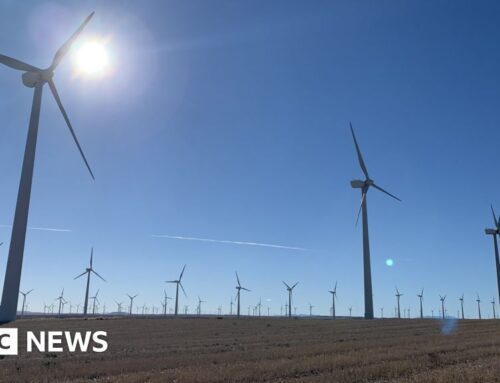Roche makes $300M China Production Promise After Multibillion US Investment
May 12, 2025
Roche has pledged an RMB 2 billion infusion into its Chinese footprint, or about $300 million, boosting its domestic manufacturing capabilities and strengthening its local supply chain, the pharma announced last week in a Chinese news release.
This news comes just weeks after Roche unveiled a $50 billion package in the U.S., which will help it construct at least four new facilities: a production plant for its next-generation weight-loss medicines, a gene therapy facility in Pennsylvania, an R&D center in Massachusetts and a manufacturing site for its glucose monitoring products.
Roche’s China investment, meanwhile, will focus on biopharmaceutical manufacturing, according to a translation of the company’s news release. The pharma will use its new facility to produce the eye injection Vabysmo, indicated for diabetic macular edema and other ophthalmologic conditions. Roche expects to wrap up construction in 2029 and start production by 2031.
This latest China investment is in line with Roche’s global push to beef up its manufacturing presence. “Over the past years, it’s really been our strategy to make sure that we have strong manufacturing presence in all of the major markets,” CEO Thomas Schinecker told investors during the pharma’s Q1 earnings call last month. At the time, he revealed that the company was in “discussions” with various governments across the world—China included—with an eye to mitigate the effect of the ongoing trade war on its business.
“We’re actually investing in China to build up manufacturing there,” Schinecker said.
President Donald Trump has been hanging the threat of tariffs over the biopharmaceutical industry. Last month, after sparing the sector in his “Liberation Day” announcement of broad tariffs, Trump announced that separate “major” tariffs on pharma imports would be coming “very shortly.” A few days later, Commerce Secretary Howard Lutnick doubled down on this announcement, telling ABC News that sector-specific tariffs would come “in the next month or two.”
Lutnick’s department subsequently opened a national security probe on pharma imports, a process that could empower Trump to impose certain trade restrictions on these imports, including tariffs.
Like Roche, many other pharma companies have started bolstering their domestic manufacturing in light of Trump’s threats. Leading the pack, Eli Lilly announced a $27 billion commitment in February, followed by fellow industry powerhouses such as Johnson & Johnson and Bristol Myers Squibb. Most recently, Takeda last week made its own $30 billion promise to boost its U.S. operations over the next five years.
Search
RECENT PRESS RELEASES
Related Post



